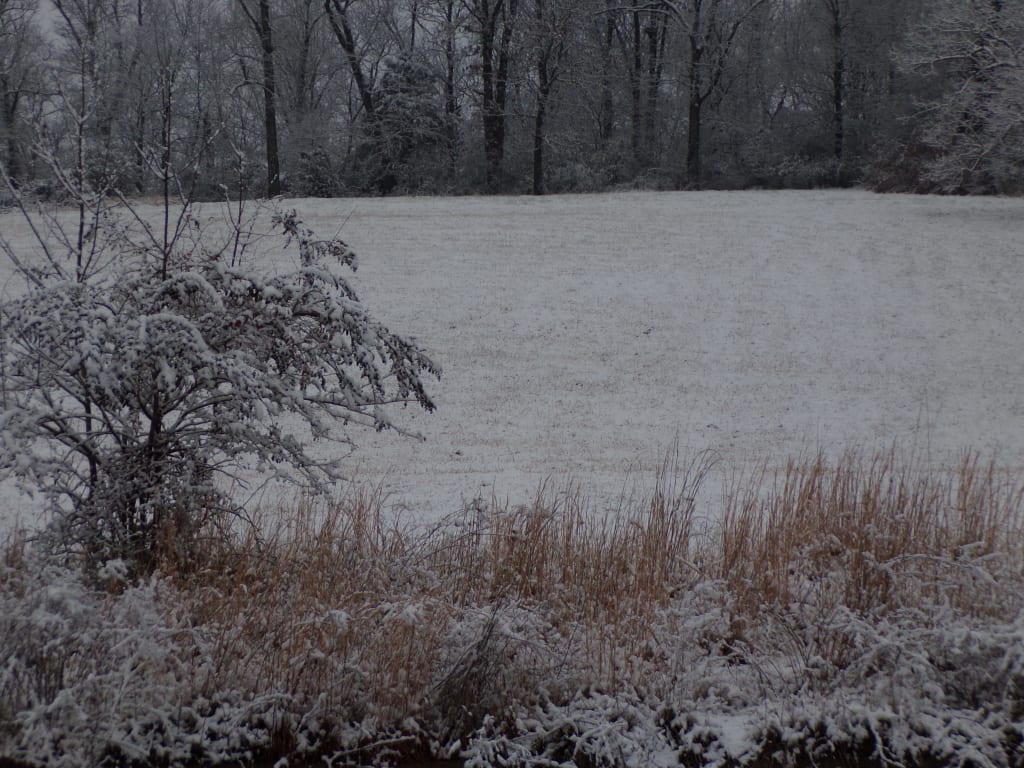
Day one; The thing they don't tell you about colonization is that it isn't really that exciting. With the rules against chartering a planet that has a native sentient race, there is no conflict with hostile natives. Granted that means no chartered company can wind up exploiting less developed races, which is a good thing in itself. But making the journey out to a new, unexplored world in order to build a life for yourself and your family winds up meaning a lot of hard work. Which the company tells you about up front of course.
In order to get a land claim you have to agree to meet the conditions set forth in the application contract. Mark the boundaries, put up a permanent dwelling, cultivate crops and maintain livestock. Simple to understand, easy to accomplish, not a trace of excitement involved. For the first two requirements the company even has a system in place to help out. On Frigga that meant the military base would send out a pair of soldiers to help survey the claim and even set out markers along the perimeter. Then the industrial base would provide a starter house for the claim. Not very big just about fifteen hundred square feet, big enough for a family getting set up. Then all the settlers would need to do is set up some fields or garden plots, and move some livestock onto the claim.
Looking forward to weeks of large scale gardening and wrangling the few head of cattle we brought with us from Earth just stops generating the thrill we had before we got out here. Back home on Earth this was going to be an adventure. Now that we have arrived, it has become a job. Of course since we just landed this afternoon, we can look forward to heading out from the landing site and finding a likely spot to claim. We'll need enough land for grazing our herd, both the dozen cattle we have now and the larger number we hope they will grow into down the years. And of course set up not just a vegetable garden, but also small fields of corn and wheat.
Eventually we hope to be able to trade with our neighbors for what we don't grow ourselves. For the first few years however, things will be on the lean side. That much the company also told us up front. They went to an effort to make sure those of us who came out here would be willing to put in the work. And that we would be aware of just how much work would be involved.
Nevertheless, for some reason I was expecting living on a new planet light years from home would be exciting in and of itself. So far however, the only real difference was that the local trees had leaves of bluish gray instead of green. That and the brief glimpses we have had of the local fauna. The largest local beast was something like a rabbit with small horns that was about the size of a medium sized dog. What we had at first taken for birds were in fact more like a cross between large bats and birds. Their wings had both membranes as well as feathers along the leading edge. I wasn't really that certain I wanted to encounter any of the insects native to Frigga. From what the Settlers Handbook described, they weren't that different from the bugs back home. Not that that was very reassuring, I never did like mosquitoes.
As the daylight starts to fade and the ring of dust that Frigga has instead of a moon starts to become brighter, I think that maybe we will get used to this world. Who knows perhaps we will make our own adventure here. Stranger things have been known to happen.






Comments
There are no comments for this story
Be the first to respond and start the conversation.